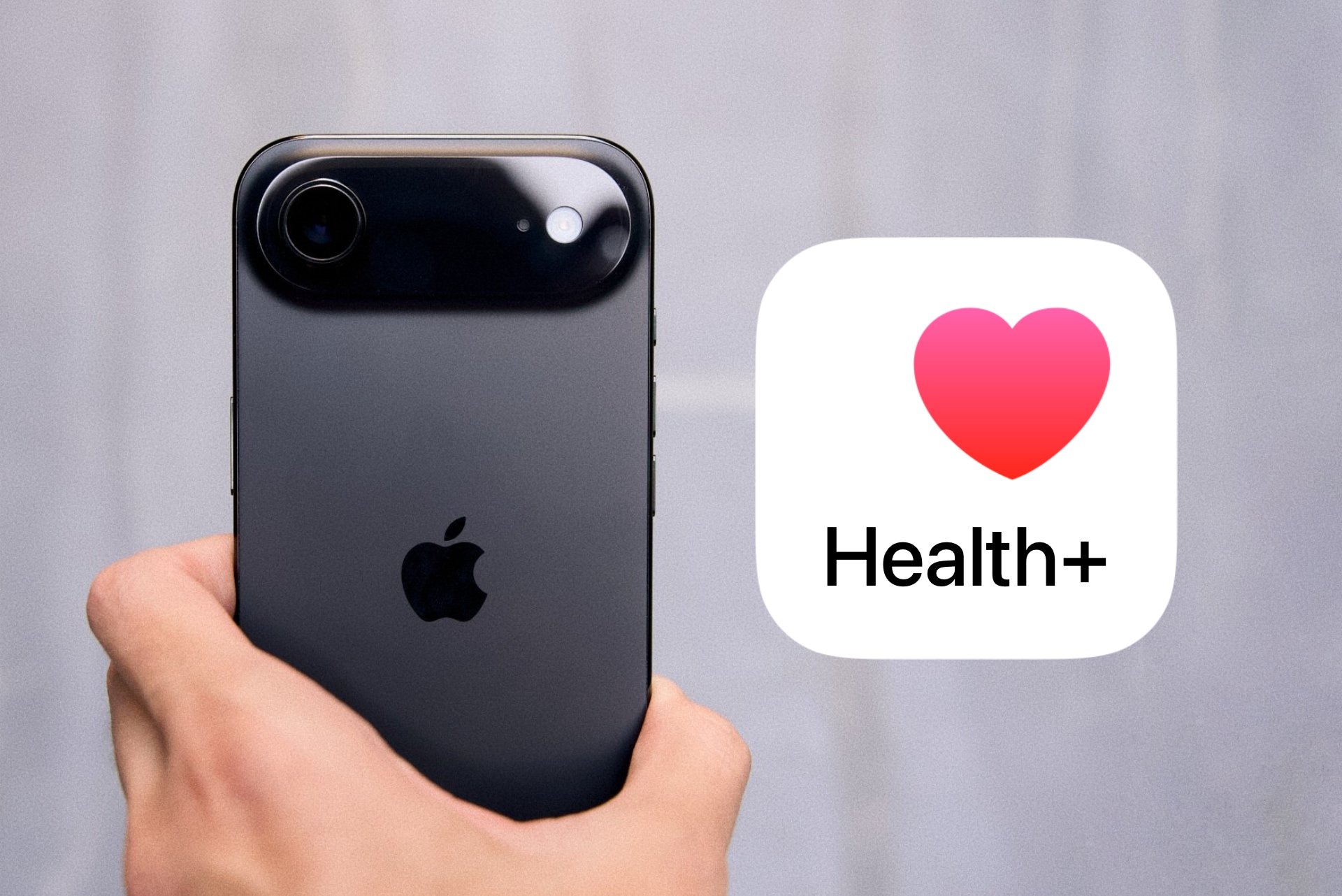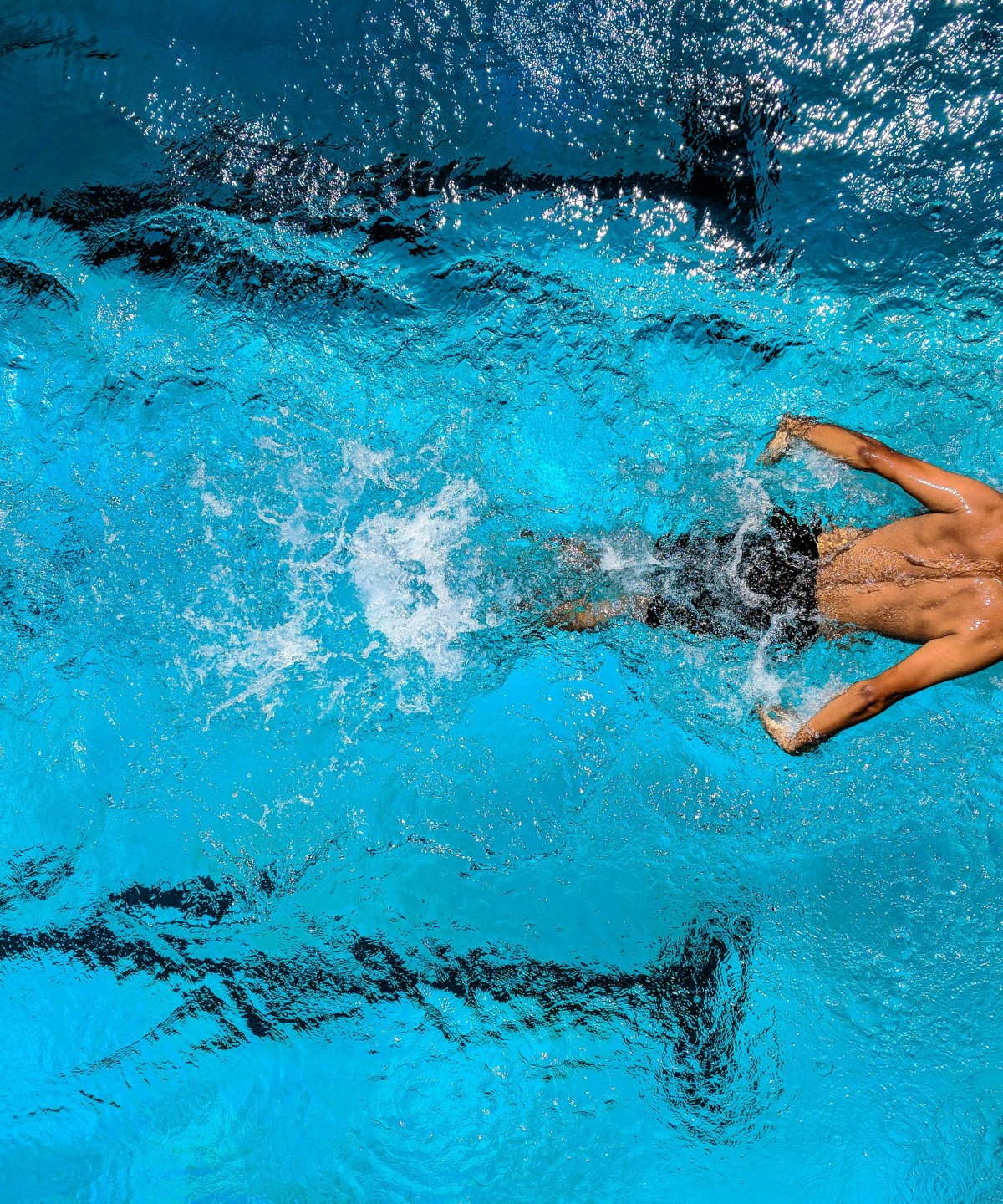Rafael Ataide*
Predicting outcomes has always been a field of great interest not only for fans and bettors, but also for coaches, athletes and organizations. As technology has evolved, especially with the advancement of machine learning and artificial intelligence (AI), the accuracy and applicability of these predictions has improved significantly. One of the most symbolic events that demonstrates this connection between technology and sports is the Olympics. Now, the games in Paris in 2024 promise to be a stage not only for celebration, but also for showing how technology can transform the world of sports.
Machine learning is a subfield of artificial intelligence that allows computers to analyze historical data and make predictions or decisions based on that information. It is increasingly being used to predict game balances, athlete performance, and strategic analysis. A possibility that offers valuable information to teams, coaches, and even sports enthusiasts. The Olympics are one of the world’s biggest celebrations, as well as a showcase for the use of cutting-edge technology. Methodologies based on real-time data collection allow comparisons to past games, records, historical milestones, and trends.
In track and field, for example, highly sensitive cameras can capture a runner’s every stride, analyze their biomechanics, and calculate their speed, cadence, and efficiency. This data is combined with information about weather conditions, the athlete’s physical condition, injury history, and past performances. Learning algorithms can then use this information to not only predict who might win the race, but also to offer solutions for how each athlete should adjust their strategy to improve their performance.
In swimming, a sport where a split second can make the difference between victory and defeat, underwater sensors and high-resolution cameras collect data on swimmers’ techniques, such as their stroke and turn efficiency. Algorithms analyze this data to identify patterns of success and predict finish times with impressive accuracy.
In football and basketball, sensors and cameras capture every movement of the players, the position of the ball and the tactics used. This data is processed in real time to predict the outcome of certain plays and adjust the strategies of the coaches. In the Olympics, the smart use of new technologies can make the difference between winning or losing a medal.
Source: Tec Mundo
I am a passionate and hardworking journalist with an eye for detail. I specialize in the field of news reporting, and have been writing for Gadget Onus, a renowned online news site, since 2019. As the author of their Hot News section, I’m proud to be at the forefront of today’s headlines and current affairs.











